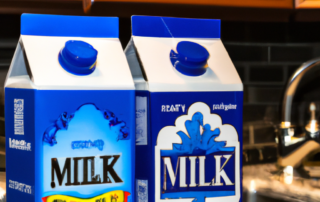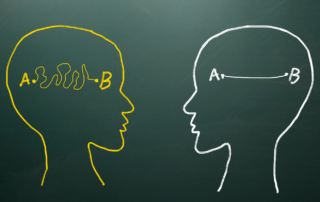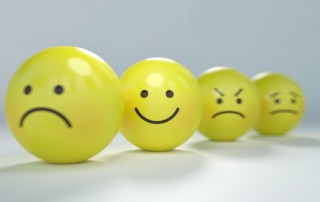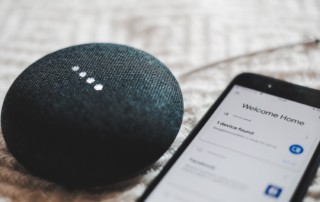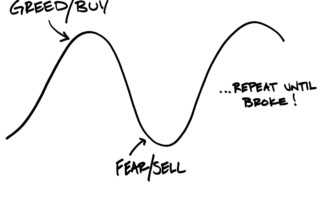Latest Insights
How to Position Your Brand: The Behavioral Science Behind Relative Differentiation
The debate between differentiation and distinctiveness in brand positioning is a false dichotomy. While distinctiveness is more important for a brand, differentiation can also be used to your advantage. Understanding your brand positioning relative to competitors is a valuable strategic tool that can help your brand consistency in your tactical efforts. In this article, I discuss how you can build and measure the values that differentiate your brand.
How to Depolarize Ourselves: Communication and Understanding Across Cultures
The world is becoming increasingly polarized, as is seen through evidence of “us” versus “them” mindsets. Divisions have evolved into partisanship across groups, highlighting the need to understand how we differ culturally and across groups, why we are becoming more polarized, and how we can begin to reduce the impact of these divides. Cross-cultural and other models provide insight into how individuals differ across groups, and how we can reconnect with those around us.
Enjoyable Emotions for Self-Improvement and Behavior Change
Enjoyable emotions such as gratitude, pride, inspiration, or nostalgia can motivate people to behave in positive ways triggering positive appraisals of events or situations. These appraisals might translate into positive behaviors, such as cooperation, adaptiveness, or even persistence toward a goal. This article discusses the benefits of enjoyable emotions and how their power can be leveraged to promote behavior change.
The Internet of Things: A Landmark Technology for Behavior Change?
Internet of Things (IoT) devices such as smart watches, smart energy meters, and telematics devices have great potential for changing risky behaviors. These devices collect data about behaviors and replay it to consumers to inspire action. But there are considerations for behavioral scientists if this technology is going to be successful as a behavior change tool. This article discusses three considerations and how behavioral scientists can help to unlock the behavior change potential of IoT.
Let’s Play Some Games and Save the World
Mis- and disinformation about the U.S. electoral process has caused massive disruptions in voting behavior and reduced trust in American democracy. There have been a handful of attempts to combat the deleterious effects of misinformation on the public. Recent research suggests that online games, which teach players about strategies used by mis- and disinformation spreaders through a method called attitude inoculation, can help build resistance against manipulative news content.
The Other Side of Hope
Hope is a positive emotion. It helps people to get through hard times. But hope can have a flip side: it keeps people from walking away from bad situations when they should. When it's time to sell losing stocks, as explained in this article, the hope to break even might make investors end up in a worse financial situation.


